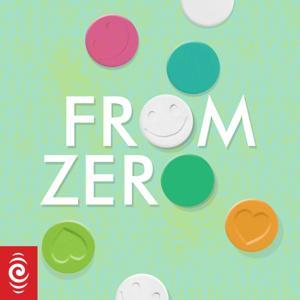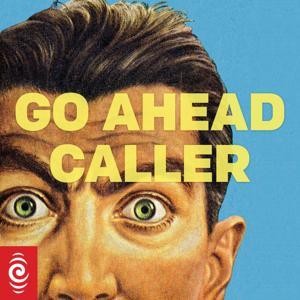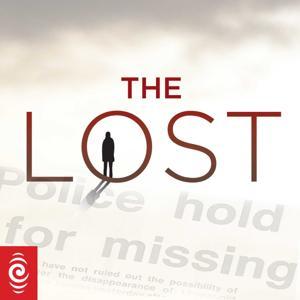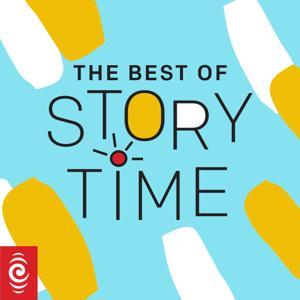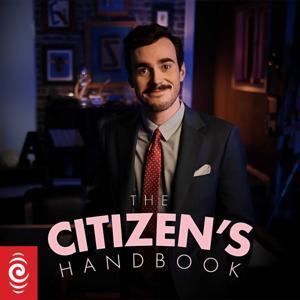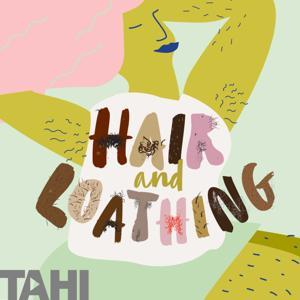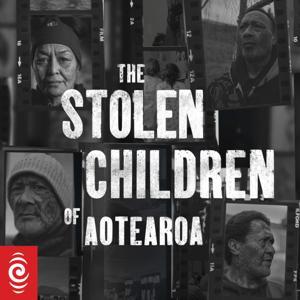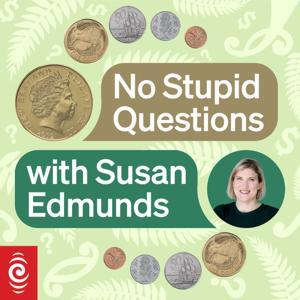The first transgender contestant to compete in the Miss New Zealand pageant talks to Kadambari Raghukumar about her journey with identity, gender reassignment and winning the Miss Intercontinental NZ title.
At 26, Arielle Keil is the first trans contestant and first Filipina to win the Ms Intercontinental New Zealand title and next year hopes to be competing on the global stage.
Subscribe to Voices for free on Apple Podcasts, Spotify, Stitcher, Radio Public and iHeart Radio or wherever you listen to your podcasts. Preview this audio
Arielle was born in Davao, Philippines, and came to New Zealand when she was four.
"I'd always been feminine. I knew from a young age I wasn't going to be a rugby-playing heterosexual male."
"I was bullied a lot. At one point I had to change schools because it got so bad."
It wasn't until she found K Road's queer spaces in when she turned 20, that Arielle began to feel more unapologetically herself.
Finding a safe space and being herself also allowed to perform drag, and now, at last, fulfil a long-held dream of competing in a pageant.
It's been all a bit like a modern queer fairytale for Arielle.
For Filipinos, beauty pageants are a big deal, and it's as much of a thing as rugby is to kiwis Arielle says.
Arielle was bent on contesting in a pageant pretty much been since 2012, when Canadian Ms Universe contestant Jenna Talakova who is trans, won a legal battle allowing gender-reassigned contestants to participate in contests. Arielle was 18 at the time.
Accepting a queer child was something foreign to her conservative Catholic parents and her family struggled to accept her.
Eventually, back in 2017, Arielle was told to choose - stop transitioning or leave home. She was just 23 years-old and it was nearly too much for her.
Dealing with the impact of this on her mental health has been a challenging journey fraught with attempts of suicide.
In January this year Arielle finally underwent gender reassignment surgery in Thailand, a six-hour-long procedure.
Arielle says her parents have got back in contact with her since her win, something she finds unreal still.
"I still have moments when I pinch myself sometimes."
She says about her win at the pageant that "I hope that my success so far show young queer people that you can be successful. "
The world may see you as an outcast and life may feed to you to the wolves, but you can come back leading the pack."
"I guess the moral of the story is if I can do it, anyone can.
At the end of the day I just so happen to be transgender and in being trans, I'm representing a whole community of people."
Go to this episode on rnz.co.nz for more details





















